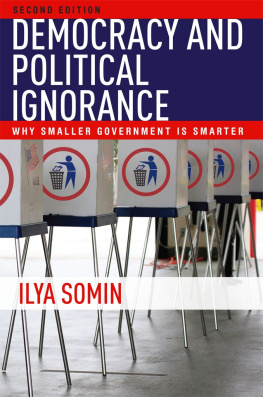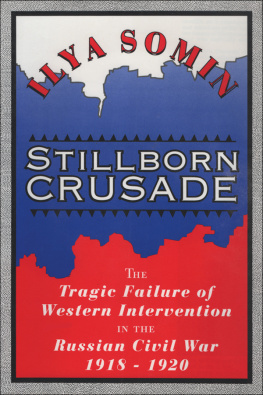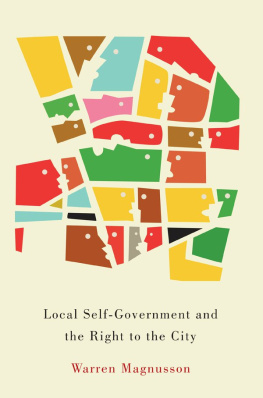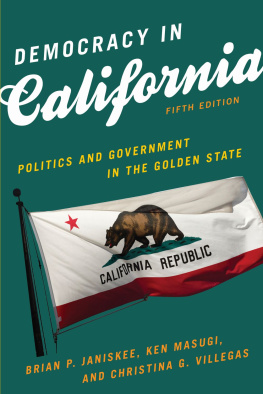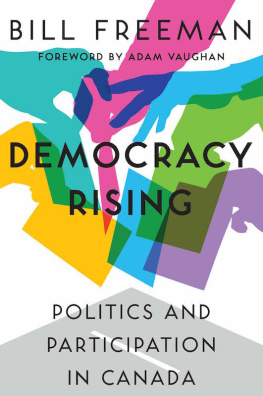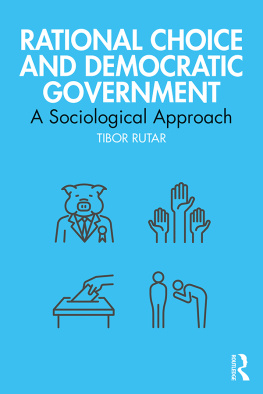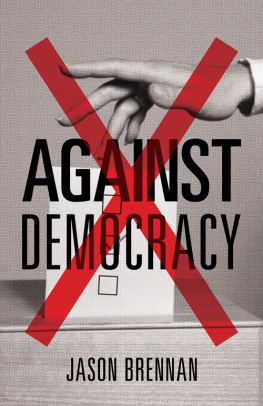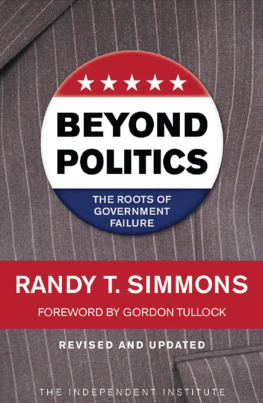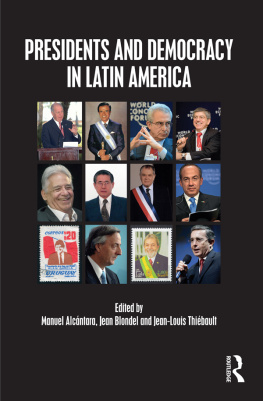Stanford University Press
Stanford, California
2013, 2016 by the Board of Trustees of the Leland Stanford Junior University. All rights reserved.
No part of this book may be reproduced or transmitted in any form or by any means, electronic or mechanical, including photocopying and recording, or in any information storage or retrieval system without the prior written permission of Stanford University Press.
Printed in the United States of America on acid-free, archival-quality paper
Library of Congress Cataloging-in-Publication Data
Names: Somin, Ilya, author.
Title: Democracy and political ignorance : why smaller government is smarter / Ilya Somin.
Description: Second edition. | Stanford, California : Stanford Law Books, an imprint of Stanford University Press, 2016. | Includes bibliographical references and index.
Identifiers: LCCN 2016004872 (print) | LCCN 2016005766 (ebook) | ISBN 9780804798037 (cloth : alk. paper) | ISBN 9780804799317 (pbk. : alk. paper) | ISBN 9780804799355 (electronic)
Subjects: LCSH: DemocracyUnited States. | Ignorance (Theory of knowledge)Political aspectsUnited States. | VotingUnited States. | United StatesPolitics and government.
Classification: LCC JK1726 .S665 2016 (print) | LCC JK1726 (ebook) | DDC 320.973dc23
LC record available at http://lccn.loc.gov/2016004872
Typeset by Newgen in 10/15 Sabon
DEMOCRACY AND POLITICAL IGNORANCE
WHY SMALLER GOVERNMENT IS SMARTER, SECOND EDITION
Ilya Somin
STANFORD LAW BOOKS
An Imprint of Stanford University Press
Stanford, California
To my grandparents, the late Ber and Pauline Somin and the late Basya Firun, and Nathan Firun
Contents
Preface to the Second Edition
THE FIRST EDITION of this book addressed a range of issues related to one of the most important challenges facing modern democratic government: the problem of widespread political ignorance. While many readers and reviewers did not agree with all of its arguments, Democracy and Political Ignorance has attracted considerable attention from both academics and laypeople interested in the future of democracy and the role of government in society. It has been discussed in the media and used in college courses in multiple academic disciplines.
Although most of the evidence analyzed is drawn from American politics and history, the book even managed to generate interest in other countries, so much so that it has now been translated into Italian and Japanese. In both the United States and many other democracies, there is growing recognition of the dangers of political ignorance.
Because of the interest generated by the first edition, I believe that the time has come for a revised version that improves and expands on the original. This edition revises and updates the analysis of its predecessor, while also addressing several important questions that were not covered in the first edition. For the convenience of readers familiar with the first edition, I offer this brief summary of the major new issues covered in this one.
, I have added an analysis of the implications for political knowledge of recent scholarship indicating that relatively affluent Americans wield vastly disproportionate influence over the political system. Although wealthier voters have higher average levels of political knowledge than the rest of the population, their disproportionate influence does not diminish the dangers of political ignorance, and may even exacerbate it.
probably does not lead to widespread ideological segregation between liberals and conservatives, and that such an outcome might not be harmful even if it did occur. I further explain why the more general problem of migrants using their power at the polls to change public policy for the worse is not as great a danger as many fear.
In the same chapter, I also explain why foot voting is generally superior to ballot box voting as a mechanism for addressing problems that require new knowledge to solve, rather than merely effective utilization of already available information. Foot voters have stronger incentives to seek out and effectively use as yet undiscovered knowledge for much the same reasons as they are more likely to learn and properly utilize existing information.
In , I criticize the growing enthusiasm on the part of some scholars for sortition as a tool for increasing the quality of popular participation in politics. These writers contend that using randomly selected groups of citizens to deliberate over and decide various public policy issues can help overcome the problem of political ignorance. I suggest that such optimism is, at the very least, overstated.
In many places, I have revised and improved the coverage of issues already addressed in the first edition. Throughout, I have sought both to improve my treatment of the issues and to make it more accessible to both academic experts and lay readers. It is my hope that this revised edition will help increase our knowledge about ignorance, and the profound challenge it presents for democracy.
The manuscript for the second edition was completed too early for me to take full account of the issues raised by the many leading scholars who participated in the forthcoming symposium on Democracy and Political Ignorance in the interdisciplinary journal Critical Review. However, some of those issues are still addressed in this book.
In addition to those listed in the acknowledgments for their help with the first edition, I owe a debt of gratitude to many people who provided assistance with this one.
Michelle Lipinski of the Stanford University Press did an outstanding job of editing this edition, just as she did with the original.
Several scholars gave helpful comments, suggestions, and criticisms. They include Bruce Ackerman, Chris Baylor, Jason Brennan, Bryan Caplan, Emily Ekins, Michael Evans, Jeffrey Friedman, Sanford Levinson, Michael Munger, Alex Nowrasteh, John Sides, Jason Sorens, and three anonymous reviewers. I would also like to thank the many academics, students, and others who provided useful comments and suggestions when I made presentations based on the first edition at the Academia Sinica (Taiwan), the University of Antwerp (Belgium), the Cato Institute, the Florida State University College of Law, the University of Hamburg Institute of Law and Economics, the Institute of Economic Affairs (London), Kings College (London), McGill University (Montreal), the University of Texas School of Law, the University of Virginia School of Law, the University of Winchester (Winchester, United Kingdom), and other institutions.
At the George Mason School of Law, Dean Daniel Polsby, his successor, Henry Butler, and my other colleagues provided invaluable support by creating an outstanding environment conducive to in-depth scholarship. Cattleya Concepcion of the Law School library helped track down various sources needed for research, sometimes on short notice. My assistant, Katherine Hickey, once again deftly handled a number of logistical and administrative issues. Laura DAgostino deserves credit for helpful research assistant work.
As always, my greatest debt is to my wife, Alison, who has supported this project and put up with the innumerable inconveniences it caused her, over a period of many years.
Last but not least, I should acknowledge our daughter, Lydia, who was born just three months before I submitted the initial manuscript for this revised edition. I might not have been able to complete it on time were it not for Lydias precociousness in learning to sleep through most of the night far earlier than expected. It is my hope that she will grow up to see a world where political ignorance is a less dangerous problem than it is today.
February 2016
Acknowledgments for the First Edition
Next page
